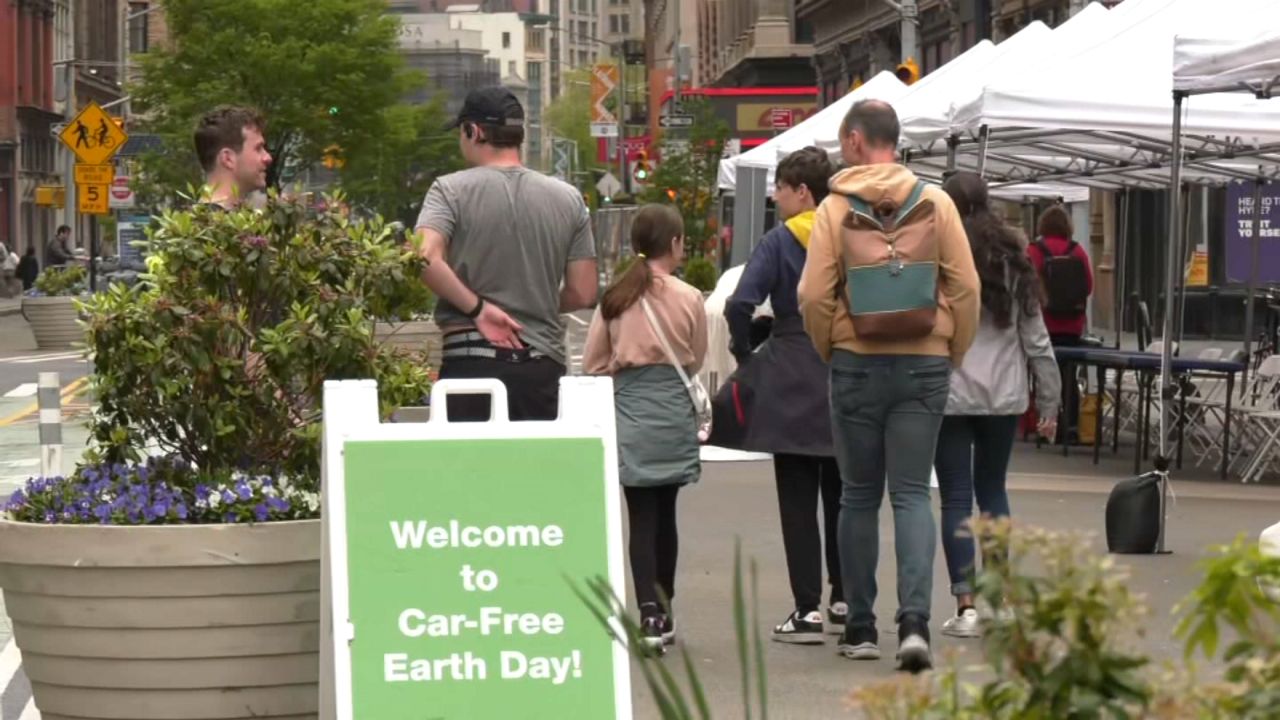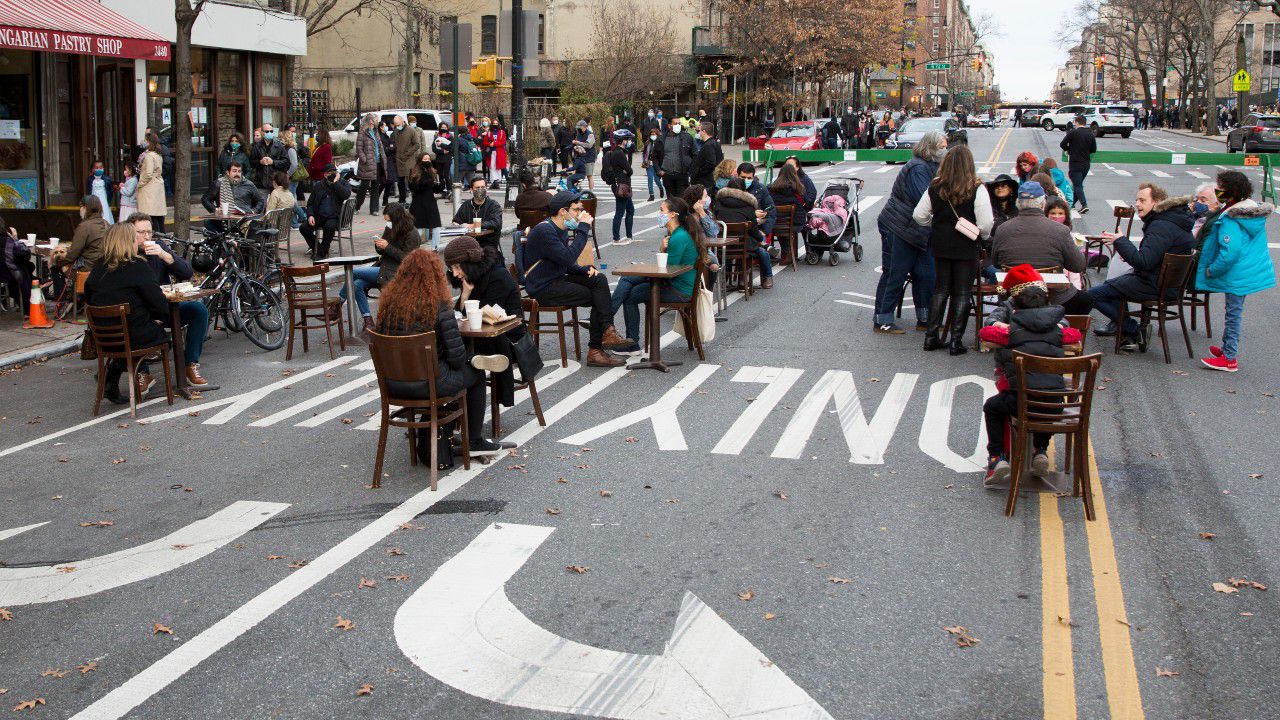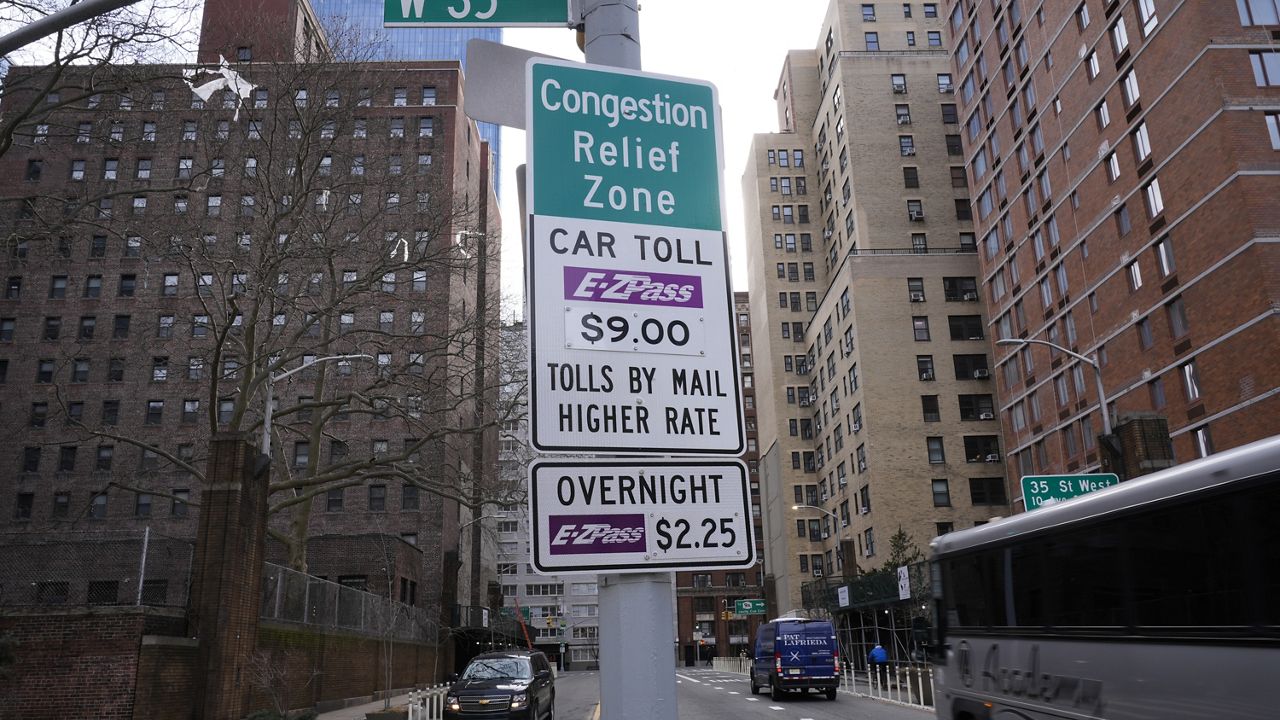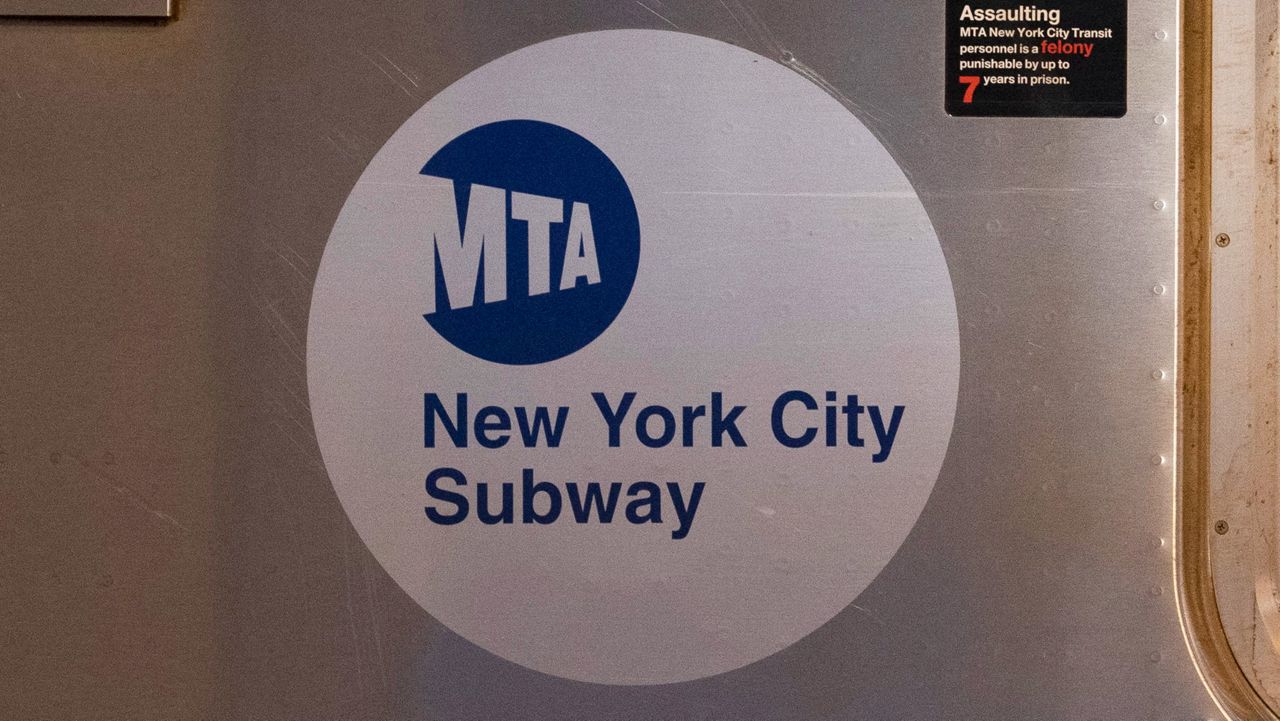While the MTA Bridges and Tunnels collect millions of tolls a year, there have been issues with the process that have left people facing thousands of dollars in late penalties.
E-ZPass holders with a credit card attached, like Gary Moseley said, they were charged penalties because the E-ZPass failed to replenish enough money to cover the toll.
“I was notified of the penalties maybe like a month after. And they was like basically writing me, telling me you owe us $4,800,” Moseley said. “I’m like, ‘what was that for?’ Then I looked at [it] and it’s like $100 each time. And I’m like each time. I got the replenish right on the tag too, that it was replenished the same day.”
“What we were seeing was, a lot of people were not receiving their bills either at all or on time,” Bronx State Assemblymember Kenny Burgos said who pushed for changes. “And when you add up $100 per toll, if you have an individual who drives over a bridge twice a day, five days a week for work, you’re talking about the potential of $4,000 in violations in just one month.”
Burgos said some fixes are coming. The new budget allows the MTA to impose stiffer fines and provides more tools to crack down on those who intentionally evade tolls.
In a letter, MTA Chair and CEO Janno Lieber told legislative leaders the agency can lower the penalty from $100 to $50 per unpaid toll. And now snail mail won’t be the only way to receive notifications.
“Now New Yorkers can opt-in to an email or text message update and be more on top of their tolls,” Burgos said.
Burgos said the timing couldn’t be more critical.
“New Yorkers, no matter how they feel about congestion pricing, I didn’t want to see them burned by a flawed process,” Burgos said. “So, I’m hopeful these changes will fix that system.”
It could be a few months until the MTA can lower the unpaid toll fee. The proposal must go through several months of public comment before the board can approve it.


_PKG_Toll_by_Mail_Reform_CG_129622548_3281?wid=320&hei=180&$wide-bg$)




